Aligning fisheries aid with international development targets and goals
Robert Blasiak, Nereus Fellow at Stockholm Resilience centre, has published a new study on climate change vulnerability.
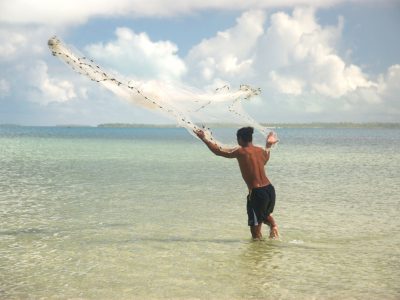
Robert Blasiak, Nereus Fellow at Stockholm Resilience centre, has published a new study on climate change vulnerability.
On Friday, October 27 at 11:00am, Nereus Program Fellow Jessica Spijkers (Stockholm Resilience Centre) and Department of Geography and Liu Institute for Global Issues Professor Dr. Philippe Le Billon (UBC)…

Nereus Program fellow Jessica Spijkers attended the 2017 EAT Stockholm Food Forum, hosted between June 12 and 13, 2017. At the conference, 500 of the world’s leading experts from the science, business, politics, and civil society fields gathered to collaborate on transforming the food system to solve the interconnected challenges of climate, sustainable development, and health.
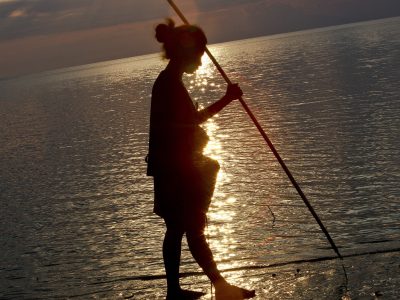
Developing nations, which have contributed little to the issue of climate change, are likely to experience reduced livelihood opportunities and emerging dietary nutrient deficiencies as a result of climate change impacts on fisheries.
At the EAT Stockholm Food Forum, which will be held between June 12 and June 13, 2017, 500 of the world’s leading experts in science, business, politics, and civil society…
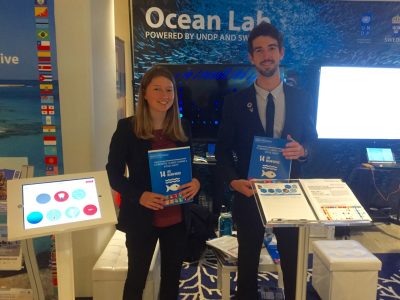
Continuing on the tone set during the first day of the UN Ocean Conference, day two showed the engagement and commitment of many nation states, NGOs, businesses and other stakeholders to achieving SDG 14 ‘Life Below Water’. It featured two important plenary meetings and partnership dialogues addressing targets 14.2 and 14.3: managing, protecting, conserving and restoring marine and coastal ecosystems, and minimizing and addressing ocean acidification. During those meetings, the need for enhanced international cooperation to address the common challenges were emphasized; with, for example countries such as the Soloman Islands, Israel, Tuvalu and Estonia expressing commitments to minimize ocean acidification.
Jessica Spijkers, Nereus Fellow at the Stockholm Resilience Centre, attended a workshop on the Fundamentals of Structural Equation Modelling at the University of Melbourne from January 30 to February 3. The workshop, organized by the Australian Consortium for Social and Political Research, provided an overview of structural equation modelling (SEM) and its many applications and capabilities.
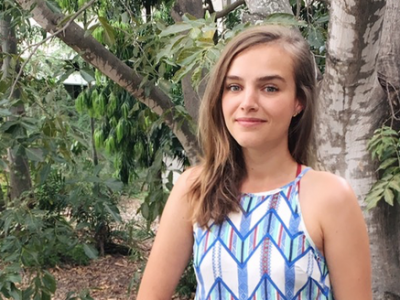
Jessica Spijkers is a PhD student at the Stockholm Resilience Centre (Sweden) and the ARC Centre of Excellence for Coral Reef Studies (Australia). She holds a Master in European Studies and a Master in Social-Ecological Resilience for Sustainable Development. In her PhD, she seeks to understand where, why and with what social-ecological consequences international conflicts over shared fish stocks occur.
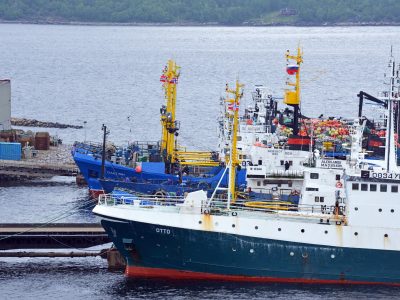
It’s important to address the activities of transnational corporations in global fishery reform, argues a new letter co-authored by Nereus Program Principal Investigator Henrik Österblom, Stockholm Resilience Centre, and published in PNAS.
The paper is a commentary on “Global fishery prospects under contrasting management regimes” by Costello et al., which found that sound management reforms could increase annual catch by 16 million metric tons, at $53 billion in profit. The authors highlighted ten countries that “provide the most compelling and urgent case for fishery reform” — China, Indonesia, India, Japan, Philippines, Thailand, Malaysia, Republic of Korea, Vietnam, and Taiwan.